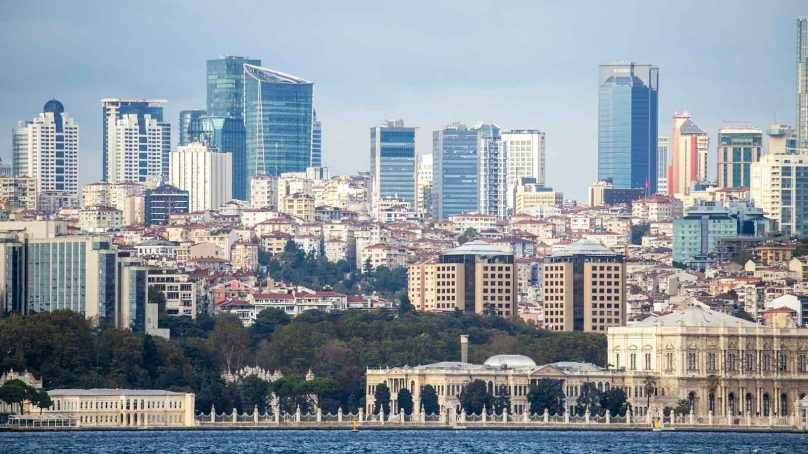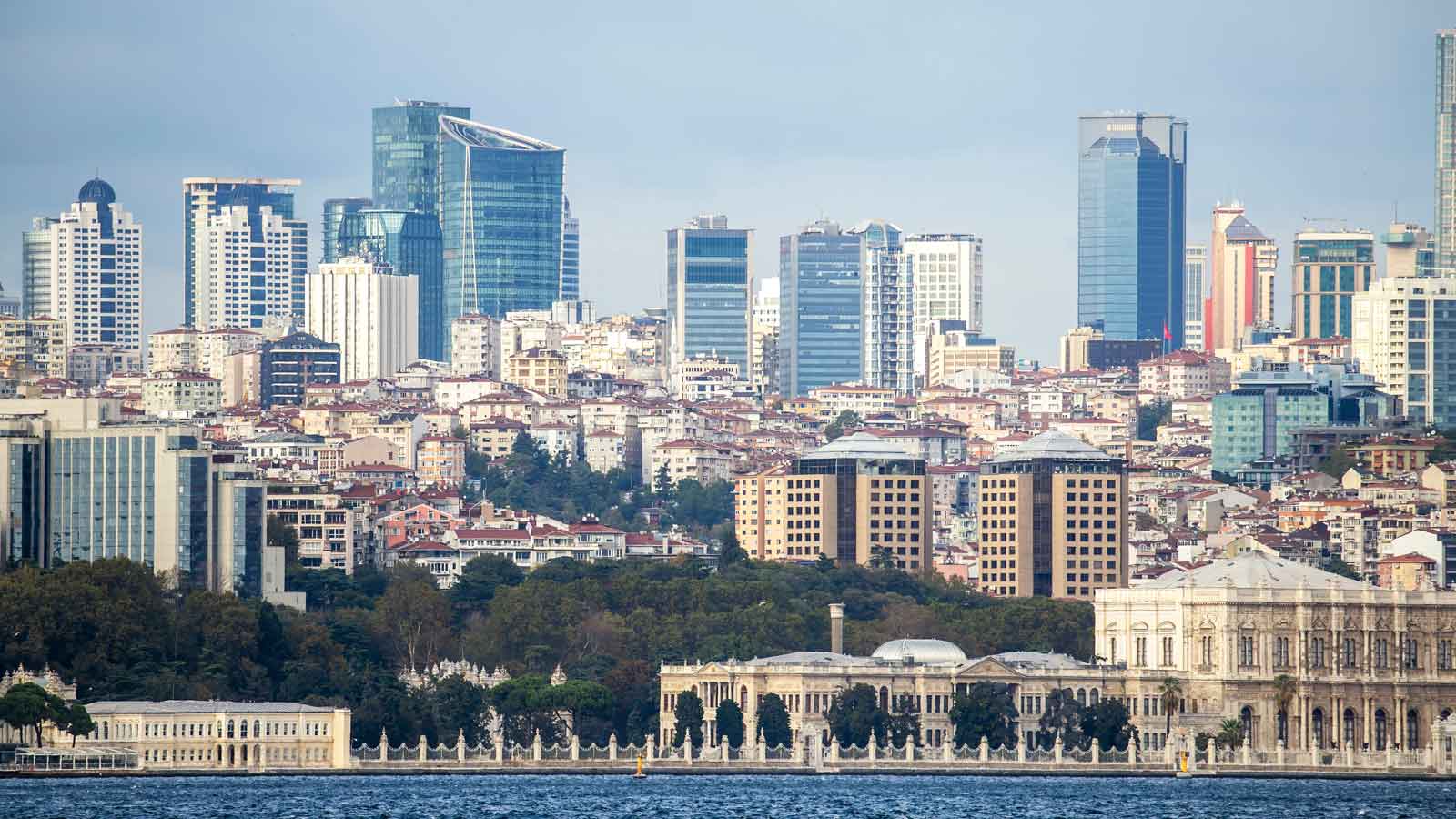

GDP growth and tourism demand
Growth in 2025 is expected to decelerate to 2.7 percent, reflecting broader economic trends across key global markets. Furthermore, these figures suggest a slower pace of overall economic activity, yet long-term projections indicate upward revisions to 4 percent. Moreover, this upward revision signals that Türkiye will remain an attractive destination for both business and leisure tourism. Additionally, strong economic policy shifts may offer stability, which could encourage further foreign investments in hospitality and tourism sectors.
Monetary policy and the affordability of travel
The Central Bank of the Republic of Türkiye (CBRT) is expected to begin a gradual rate-cutting cycle, with the policy rate forecasted to reach 30 percent by the end of 2025. Additionally, the controlled depreciation of the Turkish lira will influence the affordability of travel and hospitality services, making Türkiye an increasingly attractive destination for international tourists seeking favorable exchange rates.
Price sensitivity for tourists
The controlled depreciation of the Turkish lira is expected to continue, with the USD/TRY exchange rate reaching 37. These changes may impact the purchasing power of international tourists, particularly in regions benefiting from cost-effective travel options. As a result, some areas may experience higher demand due to affordable accommodation and travel options. However, businesses in the hospitality sector will need to adapt to inflationary pressures, ensuring they maintain competitive pricing to attract tourists.
Resilient employment and investment in hospitality
Despite overall economic moderation, employment in the private sector, including tourism-related industries, has remained resilient. The sector’s recovery will be supported by fiscal incentives and the continued appeal of Türkiye’s diverse cultural, historical, and natural attractions. Investments in tourism infrastructure are expected to see a gradual recovery, with a focus on sustainable development, particularly in emerging tourism destinations.
Stability and long-term opportunities
Türkiye’s economy is navigating a period of moderated growth, controlled inflation and gradual policy adjustments. The the outlook suggests a stable transition. Despite global uncertainties, this stability could have notable impacts on tourism, investment and consumption patterns in the coming years. As a result, the hospitality and tourism industries may experience significant changes driven by these evolving economic conditions.

Seda Güler Mert,
chief economist
Garanti BBVA | BBVA Research













